What you can learn about communicating from coronavirus
However, you will not be heard if you, too, are freaking out. So, let’s address that first, then consider a few ingredients required for being heard.
Being responsible for an organization’s mission requires leadership. Until recently regarding coronavirus, we have a leadership void, though that’s beginning to change with the W.H.O., state and local leaders, and the CDC stepping in. In the meantime, that void filled up with conflicting information, no information, and perhaps obfuscation, amplified by media messages with data and death and quarantines on cruise ships, along with all sorts of other scary images.
Because the human brain is wired to make sense of it all and create order, we see a range of responses. Some people are panicking, some are stocking up on canned goods and disinfectant, and others are perhaps in denial. Imagine we’re all on a continuum.
We see this more clearly in the middle of an emergency, but I assure you, your organization faces this continuum every day. Your audiences are in various states of connection-disconnection with your messages all year long.
Back to coronavirus. You can contribute positively to the situation by creating a feeling of calm and projecting your leadership.
Here are a few suggestions.
- Take a deep breath and pledge to take good care of yourself so you can be rational, calm, and thoughtful. People who have become ill are human beings who deserve our compassion. As best we can, let’s protect those around us with factual information.
- Stay informed about the broad patterns (for example, 80 percent of the cases in China were mild; those most severely affected are older or have compromised immune systems) and recommendations (e.g. WHO and CDC notices, changes in travel patterns, etc.), but avoid getting swept into the maelstrom.
- Brainstorm with leadership what the implications might be for your clients and your upcoming events or plans. What actions do you need to take right now? What will your clients need to know? What steps could you take to make a better future happen? How can you be decisive today to eliminate a few open loops in your customers’ minds? How can you reassure your customers?
Do you need to cancel an event or trip? And if you do, what is the impact for your organization and for others? (Do check your insurance policies.) If your event is not large, are there alternatives using technology? Not exactly the same, of course, and it surely won’t work for a gala or festival, but meetings, summits, and learning can happen online.
One client with an event sent an announcement, proactively letting customers know about its plans to proceed and provided suggestions on how to stay in touch, reinforcing the CDC’s tips for staying healthy. The organization's plans are evolving, with heavy doses of creativity.
Another client posted an action plan on how they will manage a large conference and behavior changes they’ll ask of attendees, such as forwarding electronic contact information to others while networking, instead of swapping business cards, and skipping handshakes. (This event, too, has since been cancelled.)
A colleague who runs a travel business got dragged into difficult client discussions. Unable to get in front of communicating proactively, her company was simply reacting. I suggested she keep track of all the advice and important counsel and coordination she and her team provided so that when things calm down, she can remind customers in a blog post or newsletter article of all the value her firm provided. This messaging will reinforce to her clients the importance of having a travel advisor on your side when travel plans inevitably change.
Finally, be proactive to reinforce positive messages. After lunch yesterday, I stopped at a CVS to pick up a few items. I was surprised to not see hand sanitizer around the store and relieved that the shelves were stocked. Maybe people are just freaking out in the media, not in real life.
Today in a different CVS, I noticed a “Coronavirus Table,” with disinfectant, handwipes, and Kleenex.
On a lighter note, Jimmy Kimmel is doing his part by creating a couple handshake alternatives, the Patello and the Hello-Bow.
If you have a retail-oriented business, remember that the experience of your brand communicates as much as words and images do. What can you do in your organization’s office or public spaces to put minds at ease about the cleanliness of your physical space? What new cleaning protocols do you need at home and the office? Remind staff about taking time off if they are not feeling well or tending to a loved one. Allow people to work at home and meet through video calls. Provide protective gear for personnel who clean your offices and retail areas. Be as proactive as possible.
Wash your hands. And don’t touch your face.



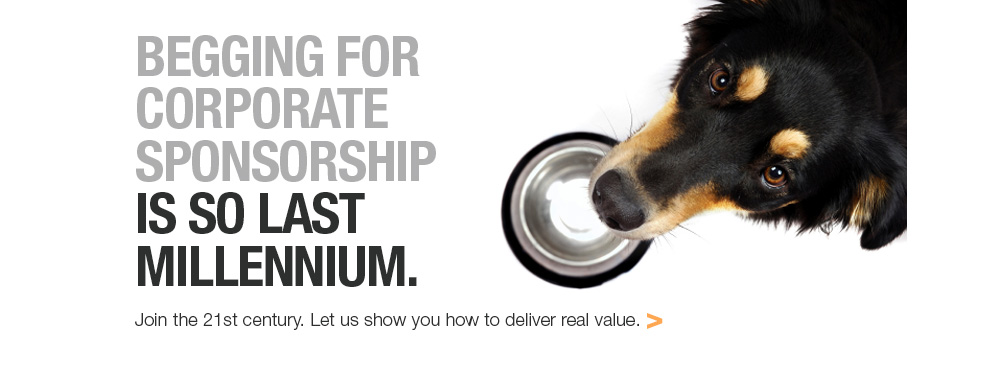
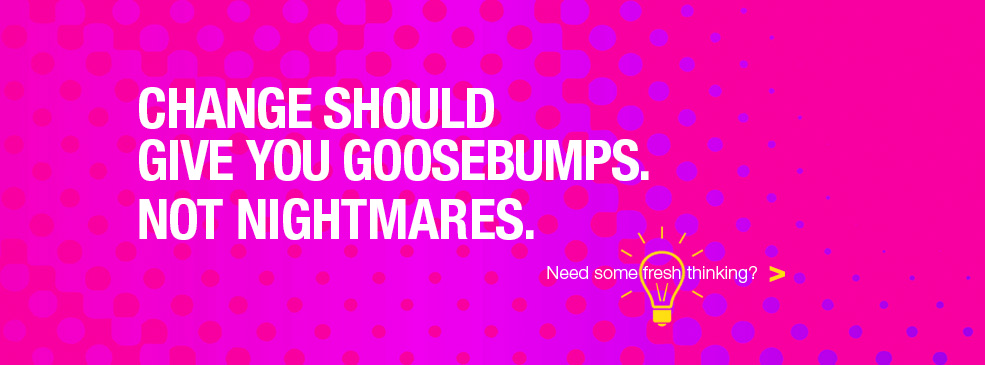
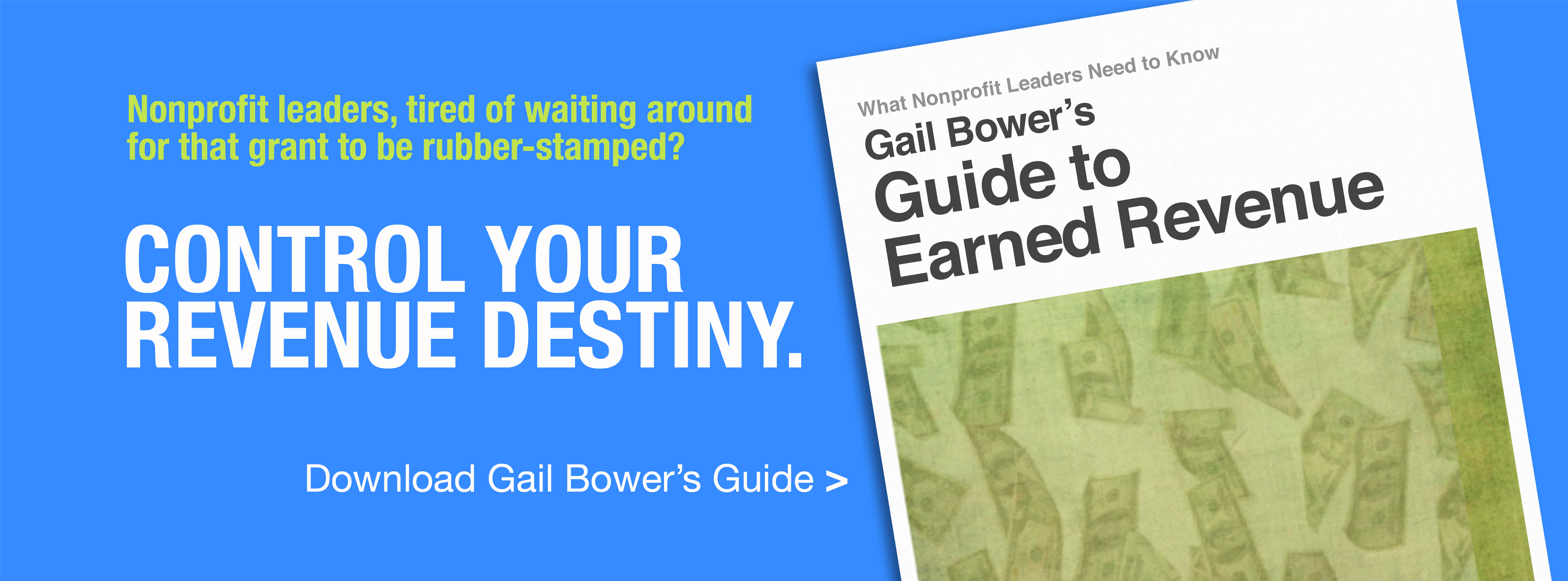

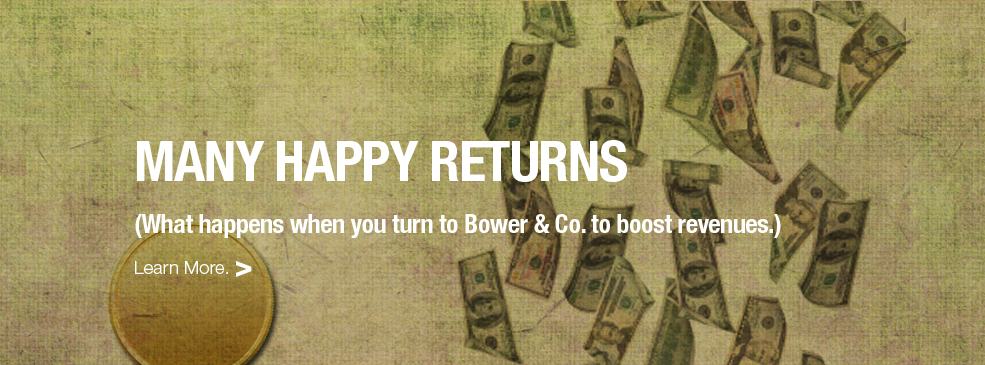

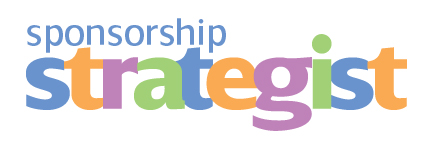
 March 13, 2020
March 13, 2020
Reader Comments